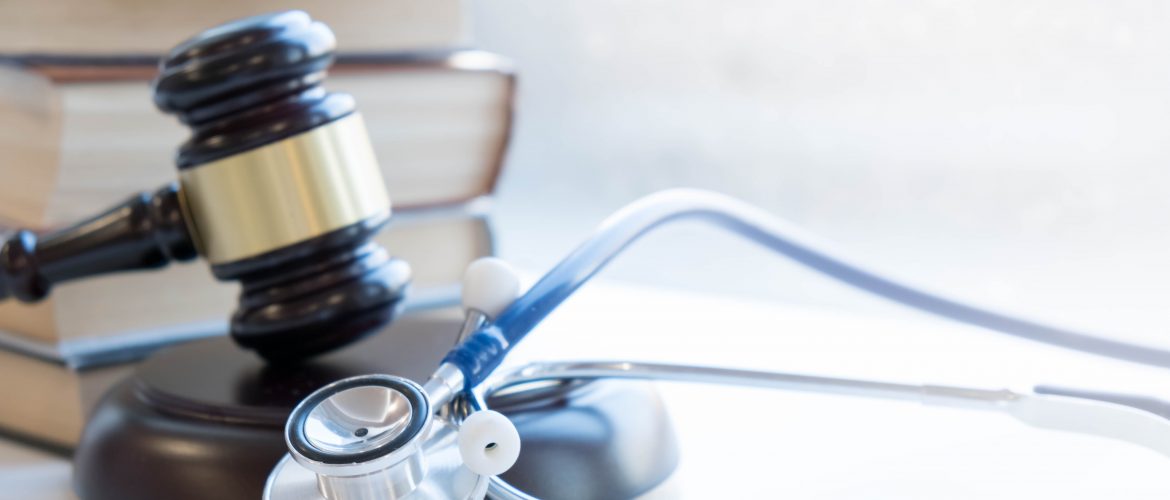Indiana’s Largest Nursing Home System Files Lawsuit Accusing Former Attorney General’s Cousin of Involvement in Fraudulent Kickback Scheme
A cousin of a former Indiana Attorney General (AG) has been accused in a civil lawsuit of being paid kickbacks from a system of shell companies that overcharged the nursing home system for uniforms, nurse call systems, ambulance services, and wound care products. The former AG told reporters that he believed his cousin and her father had business interests in the nursing home industry, but he was never aware of any connection between his cousin and the participants charged in an earlier fraud scheme.
The former AG’s Medicaid fraud unit previously participated in the original investigation involving a $19 million fraud scheme. That investigation resulted in the former CEO of the nursing home system and four others being indicted in 2016. The five later pleaded guilty to the charges. The AG’s cousin was not among those indicted.
The lawsuit filed by the nursing home system also alleges that the cousin was involved in organizing kickbacks that were paid in exchange for home healthcare and hospice referrals from the nursing home system.
The cousin’s attorney told reporters that she denies participating in any fraud schemes.
The new charges put an additional fraudulent layer onto the original $19 million criminal case that became public in 2015 and created havoc within the county’s public health system and the governmental body overseeing it.
The county’s Health and Hospital Corporation (HHC) operated the county public health department, a public hospital, and some healthcare centers serving low-income residents. In the early 2000’s the HHC added more than 70 nursing homes into its operations. Those facilities were provided funding through a “controversial” program that “allows publicly owned nursing homes to collect supplemental Medicaid payments and re-direct them to other programs or facilities.”
The HHC pays the nursing home system over $30 million annually to manage the homes, and the nursing home system relies directly on HHC for the funds it needs to pay operating expenses that include goods and services from vendors.
The public-private partnership allowed HHC to rapidly grow its nursing home holdings, and it also became susceptible to large scale fraud schemes.
Compliance Perspective
Accepting kickback payments that entice the use of providers of uniforms, nurse call systems, ambulance services, wound care products, or other items or paying kickbacks in exchange for referrals, violates state and federal anti-kickback laws.
Discussion Points:
- Review policies and procedures regarding paying or accepting kickbacks from vendors or for referrals from healthcare providers.
- Train staff regarding the facility’s policies and procedures against kickbacks, including how to report suspected kickbacks to a supervisor or through the Hotline.
- Periodically audit by interviewing staff regarding products and services being used to determine if they are of substandard quality and may indicate potential fraud.
FRAUD MODULE 3: MASTERING LEGAL IMPLICATIONS AND ANTITRUST LAWS












































































